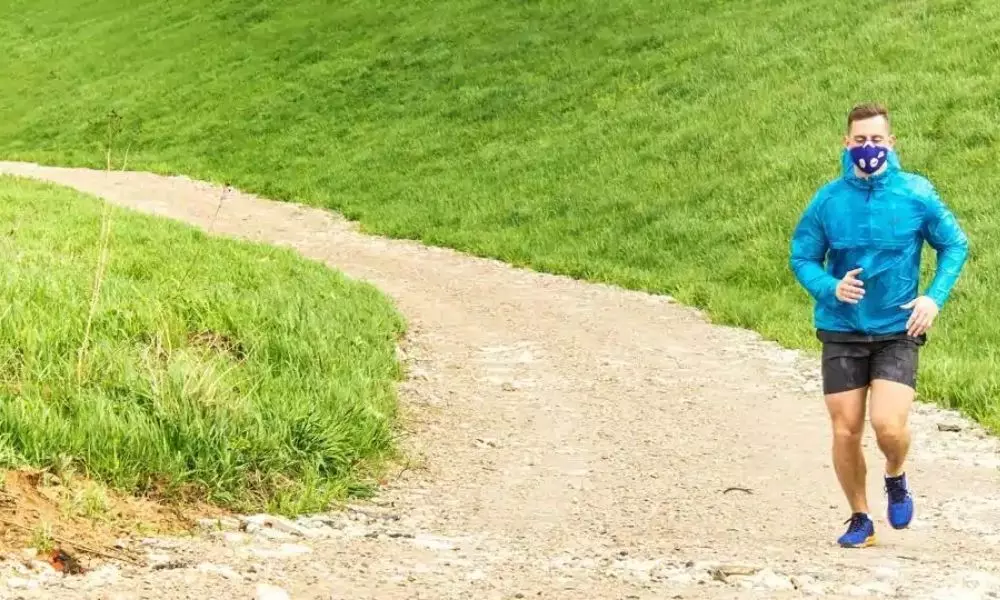Masks don't impair lung function during exercise: Study

Masks don't impair lung function during exercise: Study
While a face mask might feel uncomfortable, researchers have said that they do not significantly change the actual work of breathing or the flow of oxygen and carbon dioxide when worn while exercising.
New York: While a face mask might feel uncomfortable, researchers have said that they do not significantly change the actual work of breathing or the flow of oxygen and carbon dioxide when worn while exercising.
The physical barrier created by masks has prompted concerns that they might impair the cardiopulmonary system by making it harder to breathe, by altering the flow of inhaled oxygen and exhaled carbon dioxide and by increasing dyspnea.
Dyspnea is a medical term that describes shortness of breath or difficulty in breathing, especially during physical activity.
In a new study, published in the journal Annals of the American Thoracic Society, the research team concluded that while sensations of dyspnea might increase, there is little empirical evidence that wearing a face mask significantly diminishes lung function, even when worn during heavy exercise.
"There might be a perceived greater effort with activity, but the effects of wearing a mask on the work of breathing, on gases like oxygen and CO2 in blood or other physiological parameters are small, often too small to be detected," said the study author Susan Hopkins from University of California San Diego in the US.
The researchers came to their conclusions following a review of all known scientific literature published that examined the effects of various face masks and respiratory loading devices on physiological and perceptual responses to physical activity.
These studies assessed multiple factors, such as work of breathing (the quantified energy expended to inhale and exhale), arterial blood gases, effects on muscle blood flow and fatigue, cardiac function and flow of blood to the brain.
For healthy persons, the effects of wearing a mask on these physiological markers were minimal, no matter what type of mask was worn or the degree of exercise.
The authors also said age played no significant influencing role among adults. Gender differences were deemed inconsequential.
"Wearing a face mask can be uncomfortable. There can be tiny increases in breathing resistance. You may re-inhale warmer, slightly enriched CO2 air. And if you're exercising, the mask can cause your face to become hot and sweaty," Hopkins said.
"But these are sensory perceptions. They do not impact cardiopulmonary function in healthy people," Hopkins added.
"So while dyspnea might be increased with a mask, you have to weigh that against the reduced risk of contracting COVID-19, knowing that the physiology is essentially unchanged," she noted.














